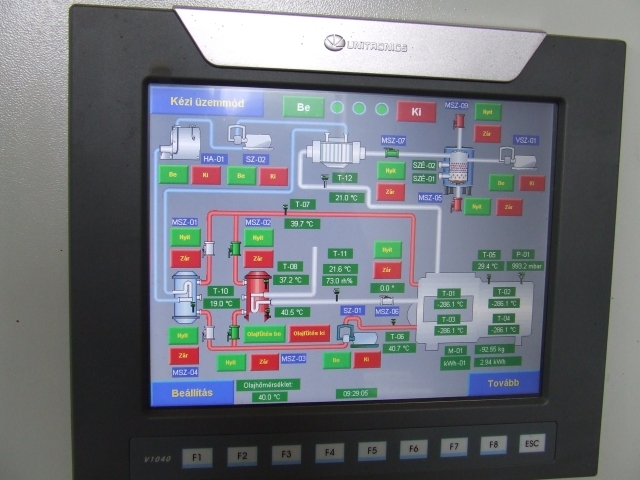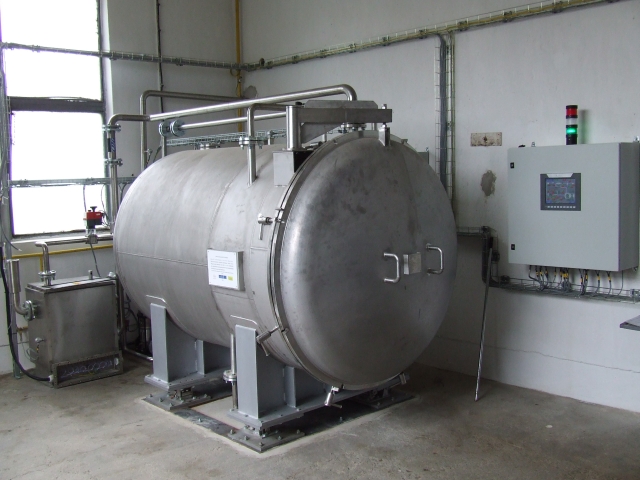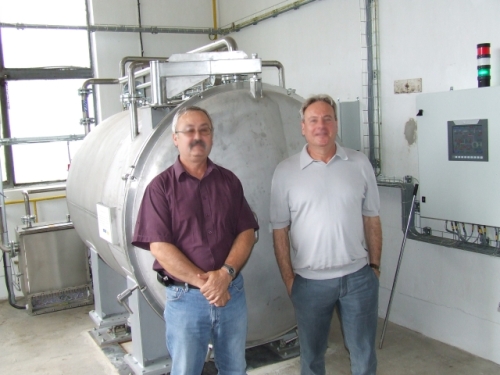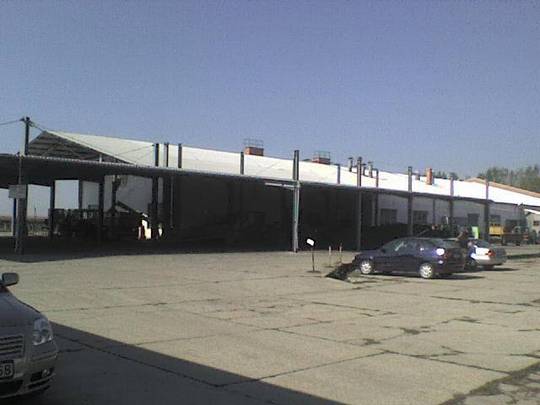Since the 90s, Róna Drying Factory has supported researches that enable innovative, cheaper and better quality drying methods. The results of these researches were reflected in 2005, when the management of Róna Agricultural Co-operative decided on industrial implementation. However, implementation from equity financing has failed due to the expansion of energy carriers and the low-cost eastern import products. In 2008, the company successfully applied for grant assistance within the framework of “New Hungary Development Plan” (Tender No: MAG zRt. GOP 1.1.1.).

TENDER DETAILS
Principal: MAG -Hungarian Economic Development Centre PLC as the representative of National Development Agency.
Subject of the tender: Support funding for market-oriented R&D within the framework of Economic Development Operational Program
The starting date planned for the implementation period of the project: 01-09-2008.
The planned date for the physical implementation of the project: 31-12-2010.
The total project costs: 84 750 000 HUF
The rate of aid: 50 000 000 HUF
The aid intensity: 59.00 %
Range of discipline: Agricultural Sciences
Place of implementation: Szabadszállás, Róna Agricultural Co-operative. Központi Major, Szalkszentmártoni Road.
Authorized representative: József Nagy, president
Contact person: Lajos Jaksa, operator
Budgetary organization: Corvinus University of Budapest, Faculty of Food Science
R&D Project aid given to the budgetary organization: 48%
Name of the project:
“Design and construction of vacuum dryer prototype that produces energy efficient and instant type products”
Project number:
GOP-1.1.1.-07/1-2008-0062
Goals:
We primarily seek more innovation and development in vacuum-drying process, with which a new, instant type drying of fruits and vegetables can be created. Compared to traditional agricultural driers, a significant amount of energy can be saved and the environmental load is also reduced at the same time.
The quality of products obtained by the new method compared to the lyophilized products is the same, but since such a production method does not exist yet, the products are considered as new.
Since there is no freezing and no high temperature is required, the vitamin content of the raw material can be fully preserved.
Because of the heating system and the exclusion of freezing, the prototype is very energy efficient; furthermore, the drying time is very short (it is about half-one third as compared to the traditional method).
The new method also avoids the environmental burden as it does not emit hot air like hot air dryers.
Activities:
- Signature of the grant contract – completed (06-10-2008)
- Contracting with Corvinus University of Budapest - completed (26-05-2009)
- Thermal sizing procedure (BCE) - completed (01-09-2009)
- Product development (Róna) – Continuously until the end of the project
- Engineering design (BCE) – in progress (completed 11 2009)
- Automation design (BCE) – in progress (completed 12 2009)
- Progress report on the implementation (No. 01) - completed
- Request for payment (Nr.01) - completed
- Progress report on the implementation (No. 02) - completed 04 2010
- Progress report on the implementation (No. 03) – completed 08 2010
- Progress report on the implementation (No. 04) - completed 12 2010
- Progress report on the implementation (No. 05) - completed 04 2010
- Final report and statement on the project – submitted on 30-06-2010
PHOTOS:
Pilot run with cubed beetroot (October, 2011):

Designs - paprika, pritamin pepper, carrot, pattypan squash (September, 2011):

Assembling of ready-to-use prototype (May-June, 2011):



The first steps of installation (spring, 2011):

Oil tanks have arrived (spring, 2011):

Building of Róna drying factory (summer, 2010):

